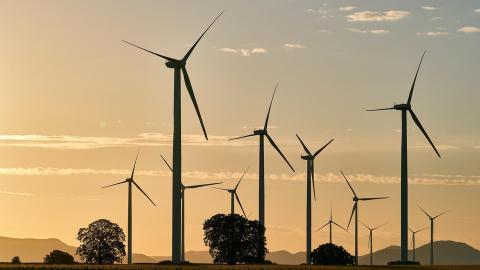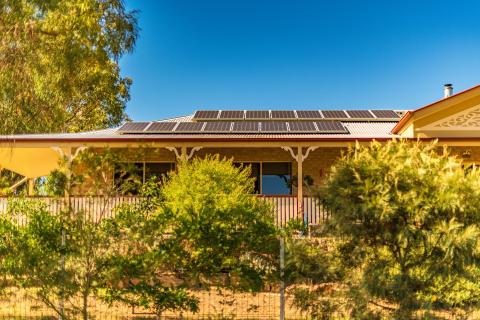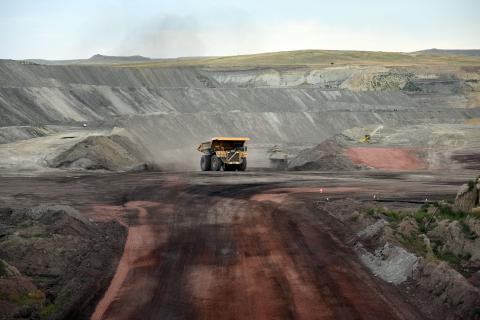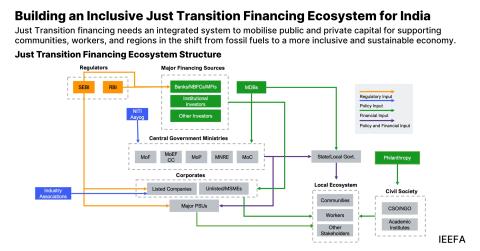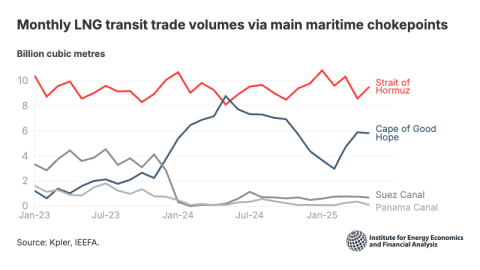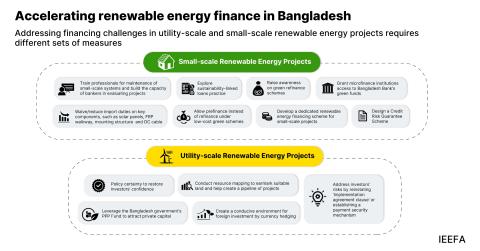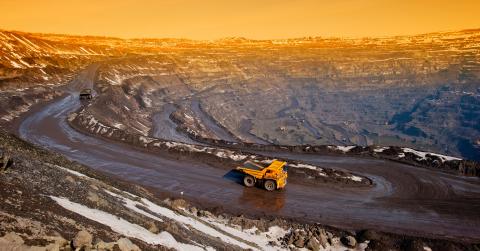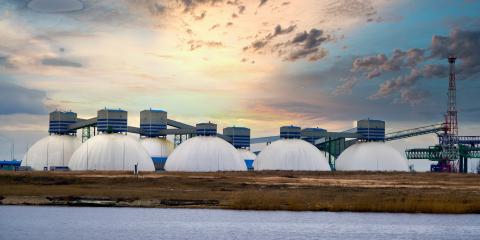A Canadian Province Moves Aggressively Toward Development of a New Energy Economy
Jason Chee-Alloy, an energy market analyst with PowerAdvisory LLC in Toronto, is out with a valuable overview of Alberta’s plan to transform its electricity grid to zero coal consumption by 2030.
Chee-Alloy, in a presentation to UBS clients, has highlighted the simplicity and cost-effectiveness of the plan, which boils down to four points:
- Add renewables
- Encourage energy efficiency
- Add a carbon tax
- Systematically continue to close coal-fired power generation
The “Climate Leadership Plan: Ending Coal Pollution” is built around a manifesto that acknowledges the myriad societal health costs of coal pollution. It shows a more advanced government mindset than initially articulated this past January after a year of energy-market turmoil in Canada.
A key plank: an economy-wide carbon tax of C$20/t in 2017 rising to C$30/t in 2018, a tax that will help fund the province’s transition. The plan includes money to mitigate its impact on low-income earners, and the carbon price is against a “best case” gas standard likely to be around 0.4tonnes/MWh to limit the resulting wholesale price uplift.
In terms of expected electricity production capacity changes, the plan is for the progressive closure of 6.3GW of coal-fired production from 2017 to 2030, replacing it with the addition of 6GW gas-fired electricity and 4.2GW of wind. The scale of the proposed 6.3GW of coal-fired power plant closures is significant, given that they represent a current 63 percent market share of 2015 electricity generation versus cogeneration at 16 percent, gas at 8 percent, hydro at 3 percent and wind at 6 percent.
This is an aggressive transition plan but it has been expertly prepared and is eased somewhat by the fact that 3 of the 18 coal-fired power plants in Alberta were to hit mandatory retirement age by 2040. There is no delusion around any notion that near-end-of-life coal plants can be retrofitted with “clean coal” technologies, notwithstanding Alberta’s abundant coal reserves.
Alberta has the best solar resources in Canada, and province support for solar development will becoming increasingly evident over the pending tender process. Suncor (Canada’s largest oil producer) and EDF of France have major solar project proposals (for 240MW and 68MW, respectively) in to the provincial electricity grid operator.
Alberta’s appears to be orchestrating an orderly plant-closure program, and it is encouraging to see support from the powerful TransAlta, one of the leading electricity generators in Alberta and one that has been progressively moving in this direction (and is Canada’s leading wind energy generator and owns the majority of Alberta’s hydro assets). TransAlta is no the record for recognizing that the “need for a clear and robust climate change policy for Alberta is both possible and necessary.”
The result is a likely lower average wholesale price of electricity, given that existing wind-generations costs have averaged 30-40 percent less than Alberta’s 2011-2015 wholesale electricity prices. The addition of wind, combined with lower gas prices and efficiency initiative is creating a prolonged period of oversupply and is driving down system-wide wholesale electricity prices from C$60-80/MWh over 2011-2013 to a record low below C$20/MWh this year. This trend undermines the fallacy the simultaneous expansion of efficiency and renewables need be costly to consumers.
Alberta’s situation (obviously the result in now small part to record low North American gas prices) is similar to what’s happening in Germany, where wholesale electricity prices hit a decade low in 2016 of Euro 20/MWh, down 65 from Euro60/MWh 10 years ago as ever more renewables are added to the system.
To the credit of it’s leaders, Alberta is now openly acknowledging how a carbon tax is an environmentally and community-friendly way of internalizing the pollution and public-health externalities of coal mining and thermal power generation. And the progressive nature of this transformation is in alignment with the COP21 climate-change commitments from Paris.
It’s a refreshing development particularly as seen from here in Australia, where strains of policy limbo are driving up wholesale energy prices and causing a virtual cessation of investment in renewable energy.
Tim Buckley is IEEFA’s director of Energy Finance Studies, Australasia.
RELATED POSTS:


